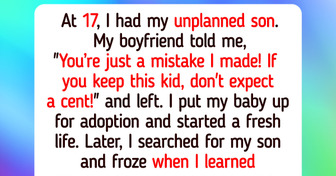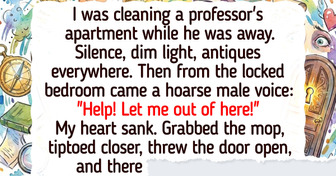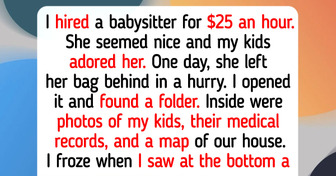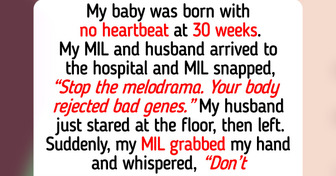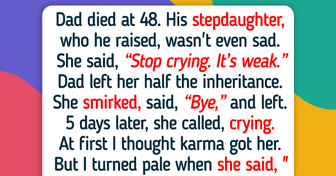12 Stories That Capture the Sweet and Sour Memories of Blended Families

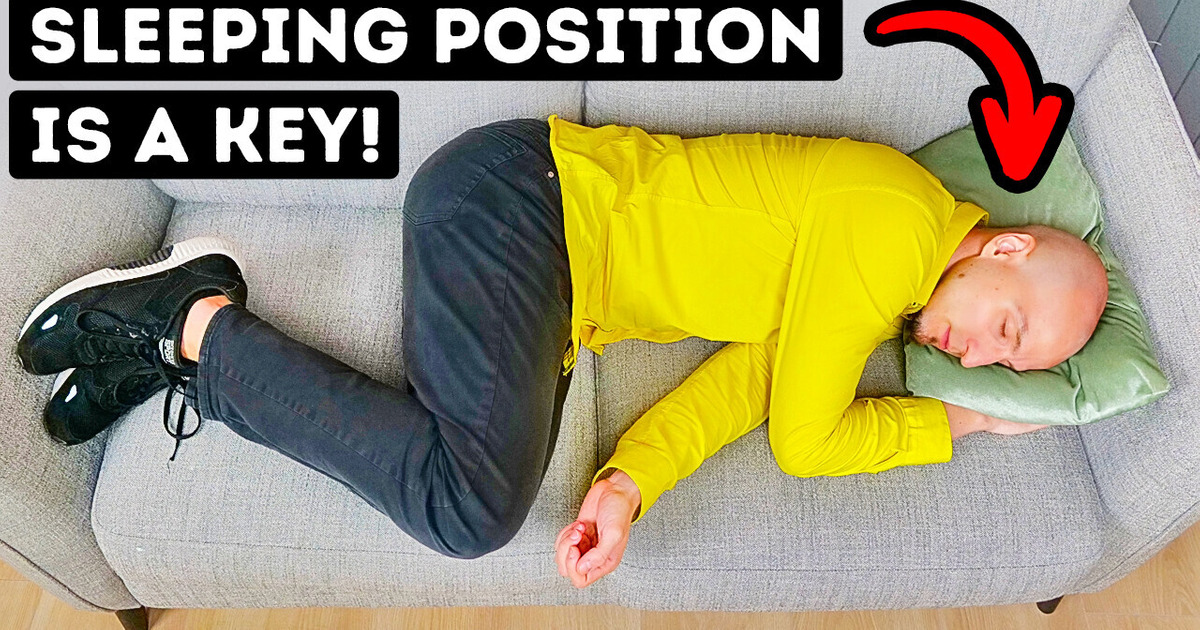
Does hitting the snooze button give you extra time to rest? Uh-oh, myth alarm! Not only is it untrue, but hitting the snooze button can also reduce your sleep quality. Those 10-minute intervals of sleep you get aren’t the good type of sleep. It’s fragmented. If anything, it will make you feel more tired during the day.
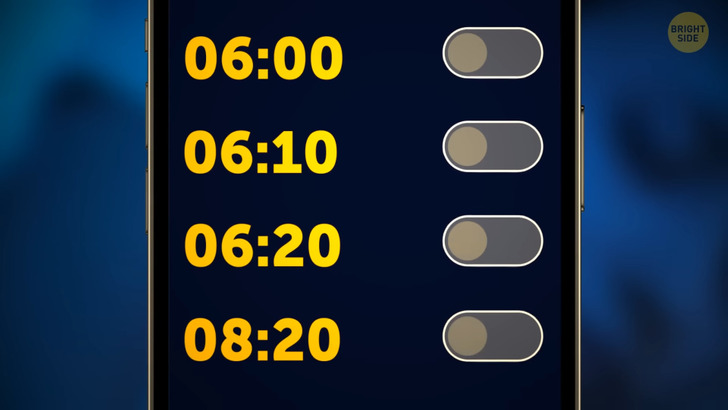
More so, there is such a thing as too much sleep. And oversleeping makes you even drowsier during the daytime. It can affect your metabolism and your energy levels, too. I know, I know, breaking up with the snooze button can be a real heartbreak so let’s see what you can do.
First of all, set a realistic alarm. If you’re more of a night owl, don’t force yourself to wake up really early in the morning if you don’t have to. Find a sleeping schedule that works for you and, most importantly, stick to it.
Get out of bed as soon as you wake up. The change in posture will trigger the right chemicals in your body, which will prevent you from going back to sleep. As a last resort, you can even move your alarm clock across the room. If you need to get out of bed to hit the snooze button, you’ll be less likely to go back.
Am I a “good sleeper” if I can fall asleep anywhere? Definitely not! On average, it takes us 20 to 30 minutes to fall asleep. If this period is longer, it may be a sign of insomnia. But if it takes less than that, you may be sleep-deprived. It can also mean that the sleep you’re getting, even if it’s the recommended 7 to 9 hours a night, is fragmented or disturbed.
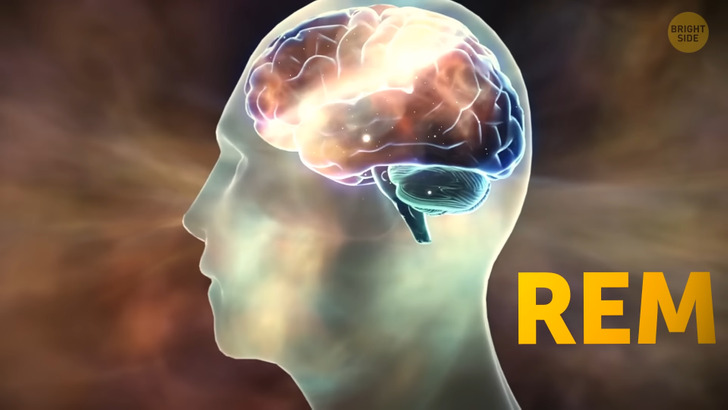
Do dreams only last a few seconds? Some of them do, but not all dreams are the same. There are a lot of things that we’ve yet to understand about dreams. But what we do know is that they mainly happen during the rapid-eye movement — called REM — stage of sleep. This is when your brain activity is almost as strong as it is when you’re awake. This stage got its name because, during it, your eyes tend to move a lot.
Dreams can happen during other stages of sleep, too, but you’re less likely to remember them. As for the length of each dream, they can go from a few seconds to 20–30 minutes! And if you remember a dream very vividly, it’s because you probably woke up during the REM stage. Most people have three to five dreams per night, but some can see up to seven.
Does napping make up for lack of sleep at night? This one is definitely a myth, but taking naps does have its advantages — if done correctly. If you want your nap to be good for you, it shouldn’t be longer than 10 to 20 minutes. Such short sleep intervals can help you feel more energized during the day and even improve your memory.
But it doesn’t “cure” your body if it was sleep-deprived during the night. If you’ve had a week of really bad night’s sleep, it’s going to take more than a week of good, meaningful rest to get back to normal. But if you are looking to catch up on sleep, the best approach is to be consistent and stick to a schedule that works for you. Also, give it time; you definitely won’t see the results overnight.
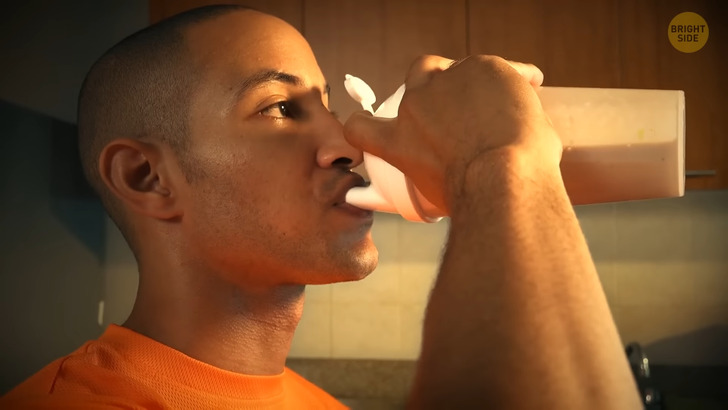
If you pulled an all-nighter, do you need to sleep as soon as possible? Surprisingly, sleeping as soon as you’re done with an all-nighter can actually make it worse and affect your general sleep pattern. But there are some tips that can help you recover faster, like taking a short nap. You should also plan to go to bed earlier the following night.
Don’t splurge on those lattes either, since too much caffeine can make it more difficult to fall asleep. Go for something caffeine-free or even a cup of tea. What you eat is also really important. Try to go for a nutritious breakfast packed with proteins. If you’re in a hurry to get to that exam you’ve been studying for the night before, a protein shake can be the best on-the-go solution. Don’t forget to get some fresh air and natural light. After a whole night spent indoors, some sunlight will do wonders for your energy levels. It’ll also improve your sleep quality for the next day.
Can your sleeping position influence your sleep? Absolutely! And the best way to figure out what works best for you is to keep a sleep diary for a week or two. Try switching between sleeping on your back, on your side, or on your stomach. You don’t have to change your favorite sleeping position if you’re not having any issues. Just make sure you wake up well-rested. If you do experience problems, here are a couple of things you can try.
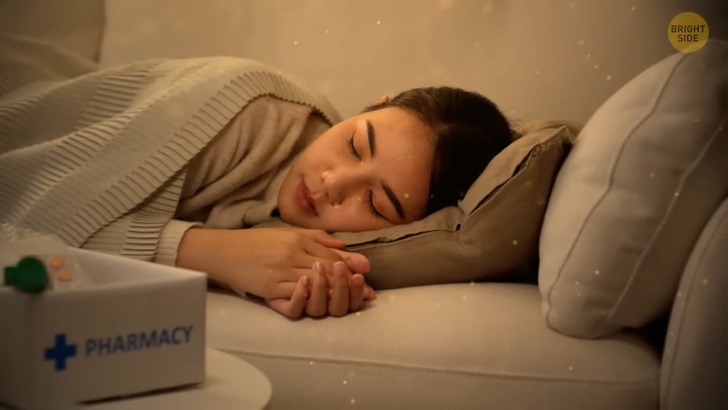
For example, if you have neck pain, you’ll rest better on your back or your side. You can also try using a thicker pillow when sleeping on your side and a thinner one when resting on your back. If you have sinus issues — like coughing or feeling congested — that keep you up at night, you can try sleeping on your back, with your head a bit more elevated. A thicker pillow should do the trick. If you have hip or knee pain, try sleeping on your back, but place a pillow or a rolled-up towel underneath your knees. It should reduce the pressure on your spine and help relieve the pain.
Is it better to be a morning person rather than a night owl? That’s a myth! But being a morning person may be easier. That’s because people that wake up early adapt better to the requirements of modern society: most people work from 9 to 5, and schools also start early in the morning. So, if you’re a night owl, you might find it harder to adapt to your day-to-day responsibilities.
The downside of waking up early is that you might find it more difficult to maintain social connections — like going out to dinners or parties — if you have an early bedtime. It’s not all bad for all of you night owls out there, especially if you’re more on the creative side. Writers or artists often find it easier to work during the night when there’s less noise.

Can you cure jet lag by not sleeping all night? The short answer is no, but let’s look at this question more closely. First, you experience jet lag when your regular sleep pattern is affected after a long flight when you switch time zones.
How to tell if you’re jetlagged? You find it difficult to fall asleep at night and wake up in the morning; you can’t stay awake during the day or even have concentration or memory issues. There’s no way to prevent jet lag, and there’s no treatment. For most people, it gets better after a few days — if you allow your body to adjust.
There are things you can do to reduce the effects of jet lag, like getting more sleep before the flight, staying hydrated on the plane, and cutting down the amount of caffeine you drink. Once you’ve reached your destination, try to adapt to the new time zone as fast as possible. That means sleeping during the night, setting an alarm to avoid resting during the day, and getting as much sunlight as possible. Natural light will trick your body into adjusting to the new conditions faster.

Do I have insomnia if I can’t fall asleep? That’s only one part of the whole insomnia story. Insomnia can mean a lot of other different things. Sleep-onset insomnia is when you can’t fall asleep. You know, the whole tossing and turning festival. Falling asleep should happen anywhere between 20–30 minutes after getting in bed. Longer than that — and it may indicate a problem.
Sleep-maintenance insomnia is when you can actually fall asleep in the evening but wake up during the night and find it difficult to doze off again. Early morning awakening insomnia is when you wake up way earlier than planned. This can influence the quality of your sleep and your mood throughout the day. It can also affect not only your energy levels but also your overall health, performance at work or school, and quality of life.
At some point, many adults experience short-term (acute) insomnia, which lasts for several days or weeks. A long period of stress can cause this insomnia. If it lasts for a month or more, it means chronic insomnia has set in. Do I have sleep apnea if I snore? Sure, snoring can be a sign of sleep apnea, but it’s not the single cause. It’s not really a problem if you snore once in a while. Most of us snore a bit when we have a cold or during allergy season. Sleep apnea is a completely different story. It’s a sleep disorder in which breathing repeatedly stops and starts during the night.
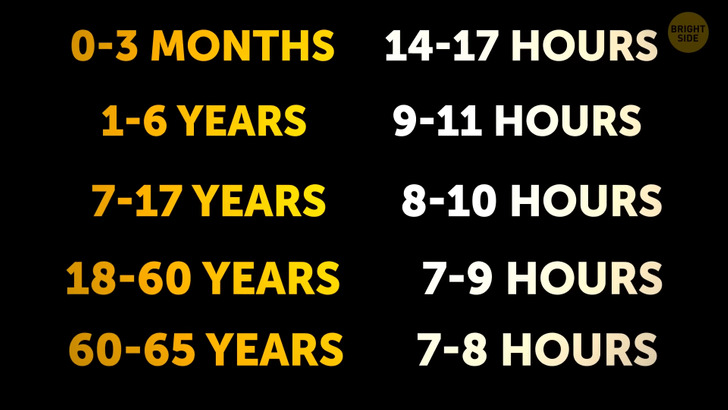
Is more sleep always better? That sounds like a myth to me! Let’s look at the recommended sleep intervals, depending on your age. Newborns from 0 to 3 months need the most amount of sleep each day — about 14–17 hours. This includes naps and nighttime. By the time we go to school and until our teenage years, we should be getting 9 to 11 hours of shut-eye a day. Teenagers need 8 to 10 hours of sleep every day.
And by the time we reach adulthood, we should be good with 7 to 9 hours. As we grow older, say by the time we reach 60–65 years, we start to need less and less sleep — somewhere between 7 and 8 hours. We also start to wake up earlier. If you have a healthy lifestyle, technically, you shouldn’t need more sleep. But if you feel groggy even after 7 to 9 hours, something else is probably to blame. You may be sleeping in the wrong position or drinking too much caffeine, which messes up your sleep pattern.
Are nightmares and night terrors the same thing? No, but they do have some things in common. First, they’re both part of a group of sleep disorders called parasomnias — unpleasant events happening when we sleep. We’ve all heard about nightmares — which are realistic and vivid dreams. They get increasingly disturbing as the “movie” progresses, but most of the time, they end when you wake up. After a nightmare, you often feel either scared or embarrassed, depending on the dream.
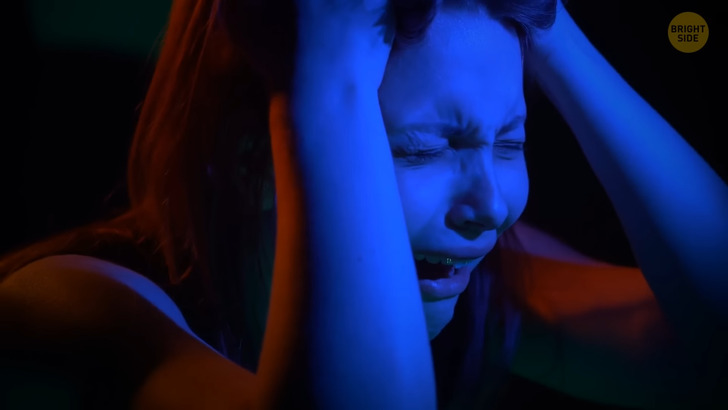
All of us experienced nightmares at some point in our lives. Night terrors are a bit more of an “active” story. They can involve loud noises and movements accompanied by intense fear. They’re also very short — lasting between a couple of seconds and a few minutes. Younger people tend to be more affected by night terrors.
During such an episode, you may even start to move around and talk. After you wake up, you’re confused, and you probably won’t remember what you’ve been dreaming about. Can melatonin make you fall asleep immediately? Melatonin is a hormone produced by a little thing in your brain called the pineal gland. This substance is produced in response to a low-light environment. That’s why we also call melatonin the hormone of darkness.
There are a lot of things that can affect our natural melatonin levels — like being exposed to artificial lighting after sunset. That’s why some people resort to supplements containing melatonin. So, does melatonin make you fall asleep like magic? Not really. It does take some time to start working. And in any case, before deciding to add melatonin to your daily routine, consult your doctor!



